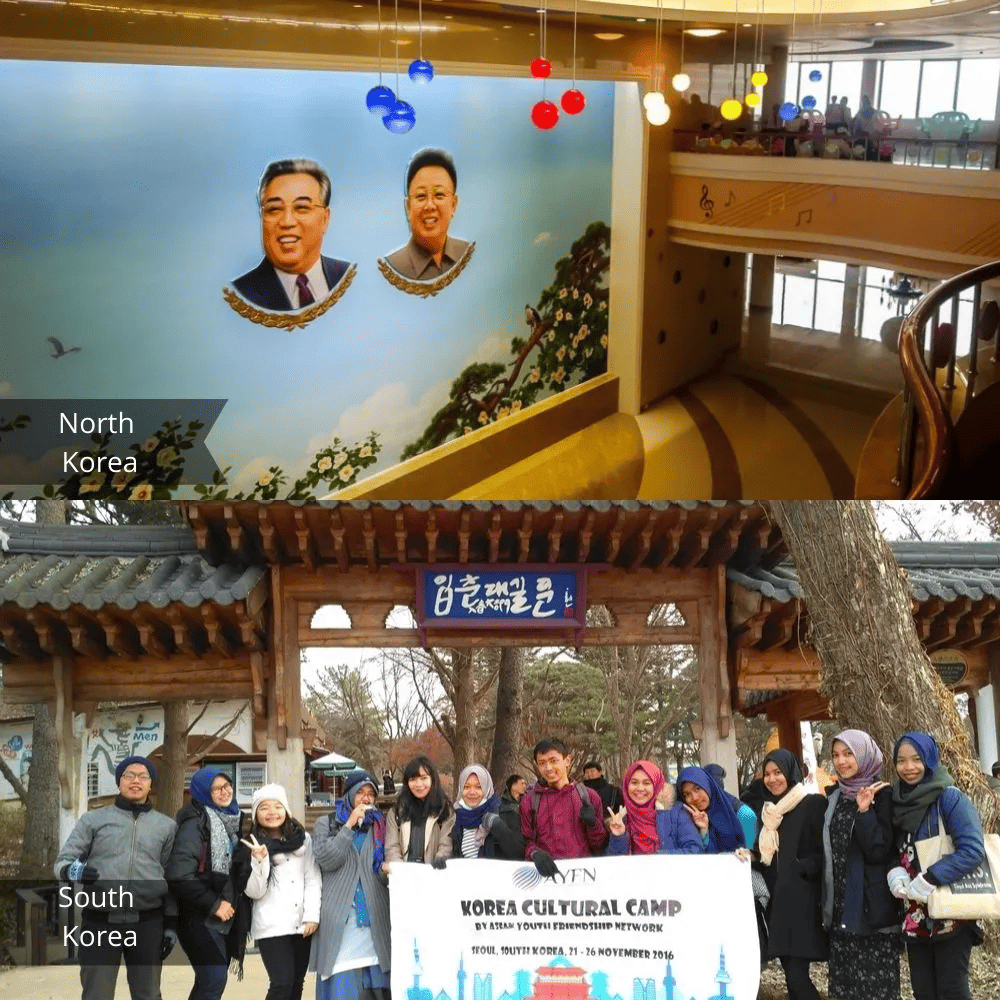Summer Camp
In North and South Korea, there is a shared understanding of the importance of providing children with opportunities to enjoy the outdoors and interact with peers of their age during summer camps. However, the execution of these summer camps varies significantly between the two countries, reflecting broader cultural and societal differences. North Korean summer camps are characterized by their high degree of structure and exclusivity. Children attending these camps follow a carefully controlled program that strongly emphasizes discipline and adherence to traditional values. The environment is meticulously organized, reflecting a formal learning and personal growth approach.

In contrast, South Korean summer camps offer a more relaxed and ethnically diverse experience. Children in South Korean camps engage in fun activities, encouraging creativity and social interaction. While they still learn and grow, the atmosphere is generally less formal, fostering a sense of inclusivity and allowing for more individual expression. These distinctions in summer camp experiences underscore the unique cultural and social dynamics that shape the upbringing of children in North and South Korea.
